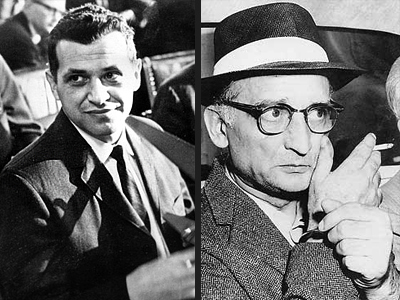January 22-2016
Ali Yunesi, a senior aide to President Rohani has publicly acknowledged that human rgihts violations have been committed frequently in the Islamic Republic and have done much to blacken Iran’s name around he world.
The acknowledgement by Ali Yunesi, Rohani’s liason with minorities in Iran—religious, ethnic and tribal, was not accompanied by any specific proposal for any effort to halt human rights violations. Yunesi even avoided saying that the problem was rooted in the Judiciary and security organs that presidents have no control over.
He described the problem not as systemic, but as the result of individuals acting on their own whims.
In an interview with the Iranian Students News Agency, Yunesi cited the example of photojournalist Zahra Kazemi, an Iranian-Canadian woman whose death in custody has soured Iran’s relations with Canada for 12 years.
Kazemi’s death after brutal interrogations in Evin prison has damaged the country’s relations with Canada, said Yunesi. That was a curious case for him to cite, given that he was the intelligence minister when she was killed.
Yunesi said the Iranian government has evidence pointing to those responsible for her death, but “God’s justice was carried out for some of these suspects.”
He blamed “many instances of violations of human rights in prisons, in courts and in many other places” on “extremists who are under the control of nobody.” Few in Iran believe that, however. Whether pro- or anti-regime, most believe the treatment meted out to prisoners, whether good or bad, is directed from above.
Yunesi, however, said, “Many of them have infiltrated centers of power. They act as they wish,” while the regime is held responsible. “The Islamic Republic must be able to get rid of them.”
It was a unique admission of the existence of human rights violations from an Iranian official, but still exempted the regime from any responsibility.
Kazemi was arrested June 23, 2003, while photographing a vigil outside Evin Prison. She was interrogated for three days and was close to death when admitted to a military hospital, where she died.
Iranian authorities maintained she fainted and hit her head. But according to a medical report obtained by the media, she had been beaten, tortured and probably raped. A number of her fingernails and toenails had been pulled out.
A junior intelligence official was eventually put on trial for the equivalent of manslaughter. He was acquitted. A Majlis investigation named Tehran Prosecutor Saeed Mortazavi as the main culprit. But Canada’s insistence on a full investigation was repeatedly brushed aside.





















